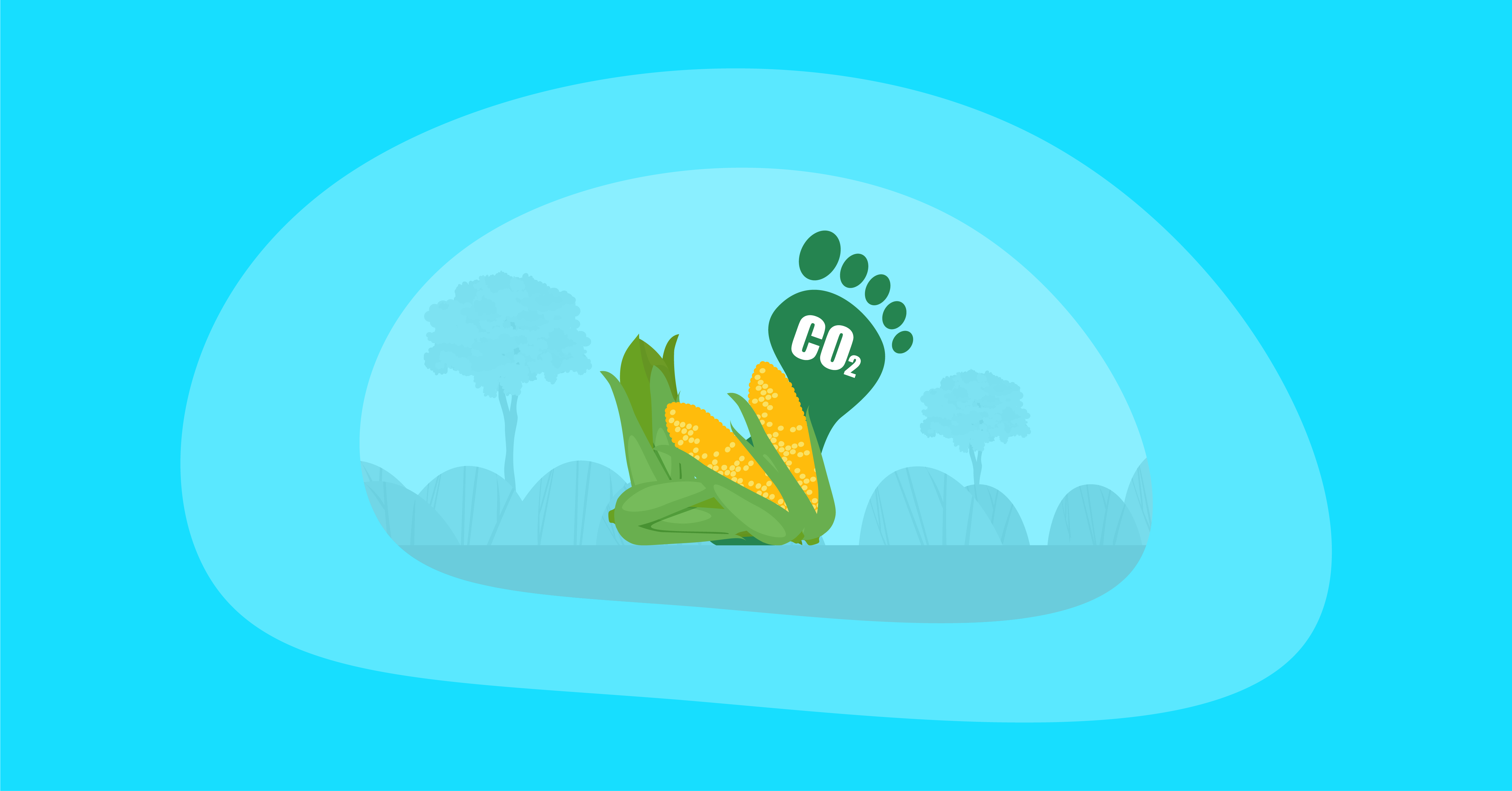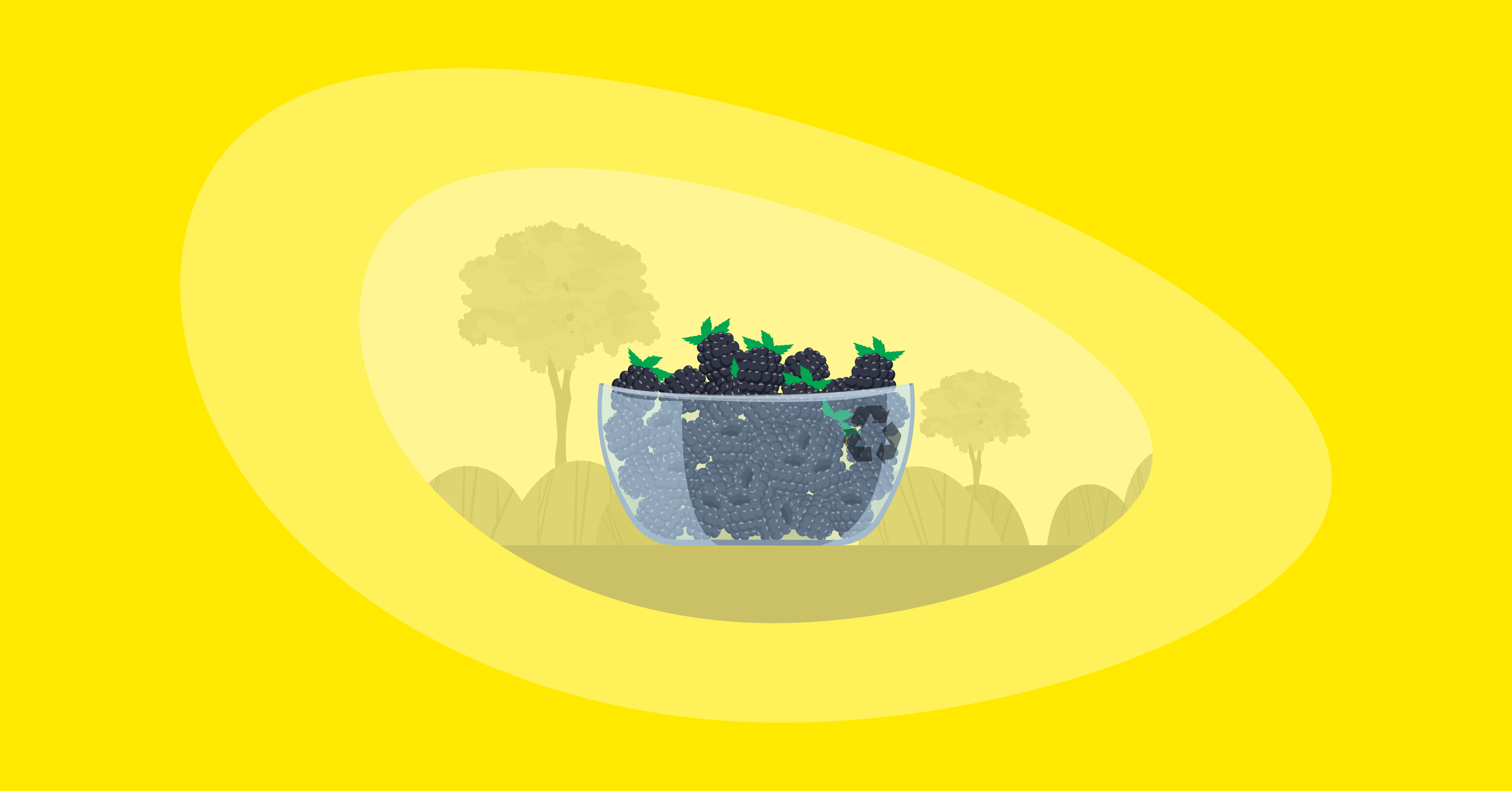What Is the Carbon Footprint of Eggplants? A Life-Cycle Analysis
Known as the ‘King of Vegetables’ in India, or the ‘crazy apple’ in Renaissance Italy, the eggplant can be found in food from around the world. From moussaka, to ratatouille, to brinjal bhaji, this vegetable is nutrient-dense, and high in antioxidants. Yet, much less is shared about the environmental impact, and especially the carbon emissions of eggplants. So we had to ask: What is the carbon footprint of eggplants?















